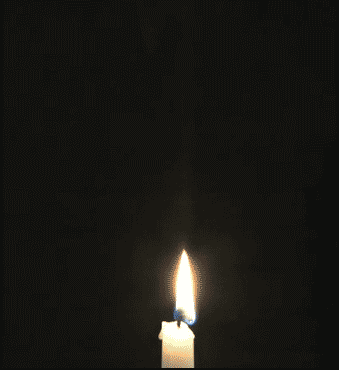As a rule, evangelists from Texas don't go shopping for bourbon before a speech.
But that's what Marcel LeJeune and some friends did when the Catholic Missionary Disciples leader spoke at a Franciscan University conference last summer in Steubenville, Ohio. Things turned serious, while chatting with a saleswoman, when he asked how she was doing and she bluntly replied, "I wish I wasn't on this earth."
There was no easy response. The woman was angry, LeJeune said, "because something was hurting." He offered to pray, and she fired back, "Oh, don't do that. You're talking to a rabid atheist, and I don't want your prayers."
LeJeune returned to discussing bourbon options and, as he left, the woman smiled and laughed when he said, "Look, I'm going to pray for you, but you just pretend I'm not. OK?"
That's really all that could happen in that setting, stressed LeJeune, a veteran of years of campus ministry near Texas A&M University. The saleswoman was candid, and he tried to show sincere concern.
Truth is, the woman he met "when I was buying bourbon was … easier to evangelize than the people who go to my parish who don't know Jesus Christ."
Catholic leaders need to understand that, a decade ago, Pew Research Center numbers were already warning that 13% of American adults are ex-Catholics, with 6.5 former Catholics for every Catholic convert. Waves of "nones," the religiously unaffiliated, cannot be ignored.
Meanwhile, LeJeune has stressed another sobering reality -- that nearly half of church-going Millennials think it's morally wrong to seek converts. Among Catholics, many assume that "evangelism" is a Protestant concept and the same thing as "proselytism" that pressures people to convert.
The reality is that more and more churchgoers are, at the practical level, "universalists" who assume people go to heaven, no matter what, he noted.










